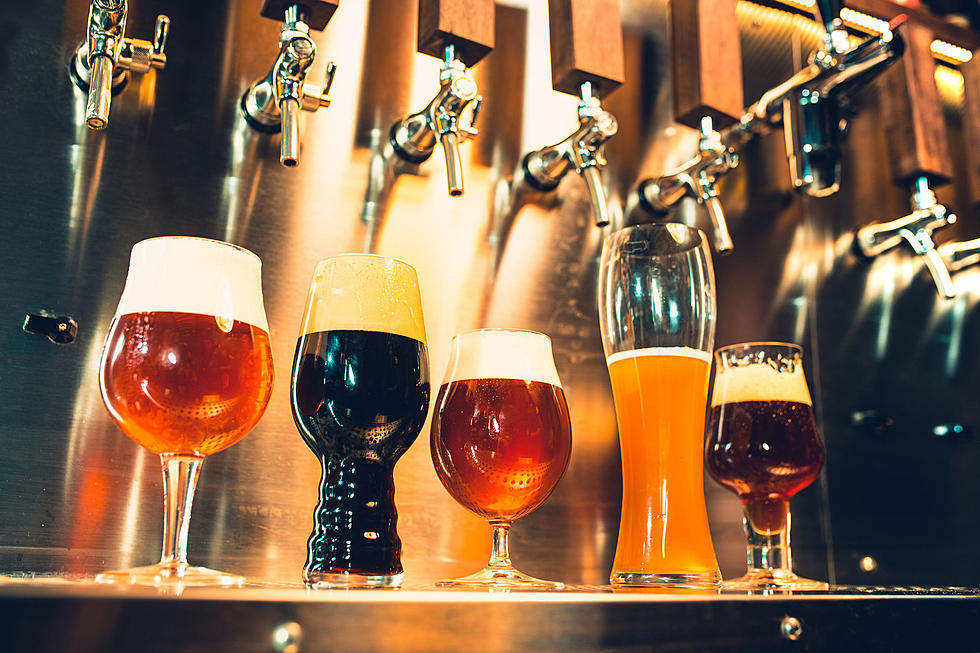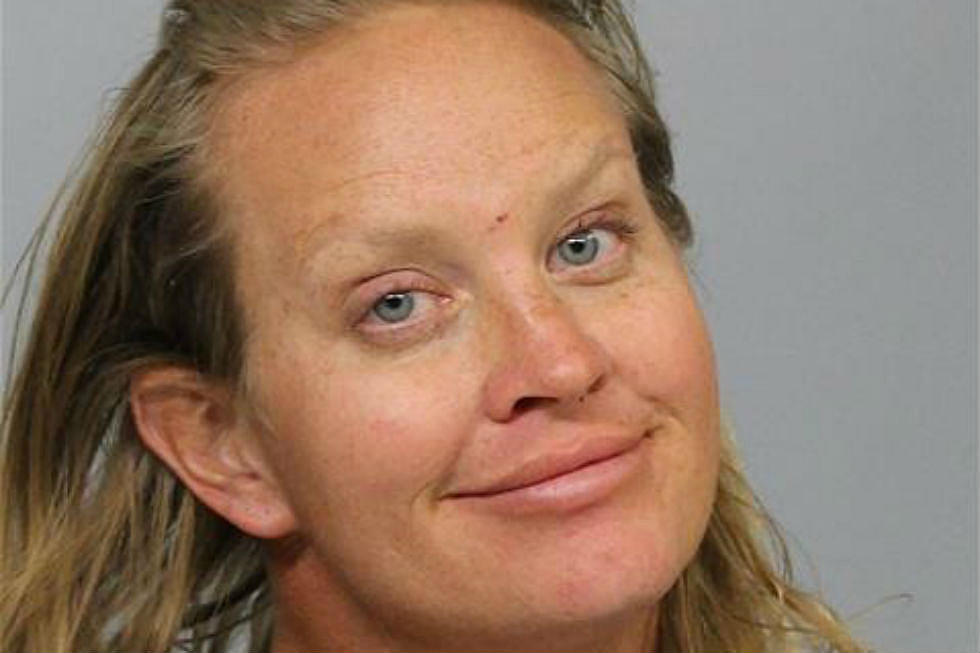
Casper City Council Drops ‘Over-Serving’ Demand in Alcohol Ordinance
The Casper City Council on Tuesday tentatively changed a proposed liquor license ordinance that eliminated a section about restaurants and bars over-serving customers that also could have been interpreted to allow police to enter private homes.
The amended ordinance, coupled with a companion resolution, will be presented for a second reading at the Council's next meeting on Feb. 19.
The original ordinance started as an effort to align the Casper municipal code with state law, and get a handle on a rising number of alcohol-related crimes including driving while intoxicated and public intoxication, Mayor Charlie Powell said after a Council work session.
The measure, which passed on first reading three weeks ago, would have created penalties for anyone who serves alcohol to someone who is visibly intoxicated.
But the over-serving language resulted in a public backlash, with some residents saying it would allow law enforcement to enter homes where residents are hosting parties.
That criticism prompted the Council to table the ordinance in order to revise the language.
Casper Police Chief Keith McPheeters initially suggested that the ordinance have language about over-serving, which was intended to replace an ineffective demerit system for restaurants and bars that didn't comply with the existing ordinance.
Tuesday, McPheeters said his goal was to foster greater public safety, because issues with intoxication aren't just limited to places that serve liquor. For example, the problems continue when an inebriated person goes home and gets into a fight with a spouse, he said.
Most gatherings have no problems, he said. "This is not our priority to police people's homes."
Besides the private property concerns, Powell said the over-serving language also placed a heavy responsibility on waitstaff.
So the Council eliminated that language and instead put in a requirement that liquor license holders mandate servers receive TIPS -- ("Training for Intervention ProcedureS") -- education, which includes training on how to identify people who are intoxicated and methods of ending their service of alcohol to them, he said
The Council also proposed a companion resolution, which does not have the force of law, he said.
"The idea of the resolution is to say to the license holders that we want to see good compliance with this," Powell said. "And if we continue to have problems because we have seen an uptick in DUIs and other alcohol-related problems, if that curve doesn't change, the Council may consider again an over-serving change to the ordinance."
For the time being, the city through the ordinance will require liquor license holders to have their servers trained within 90 days of employment, establish a monitoring system, and have sanctions in place if there are significant violations, Powell said.
"So we're just going to try to do a better job of making sure that those folks know how to do their jobs and do it in a way that keeps everyone safe," he said.
More From AM 1400 The Cowboy









